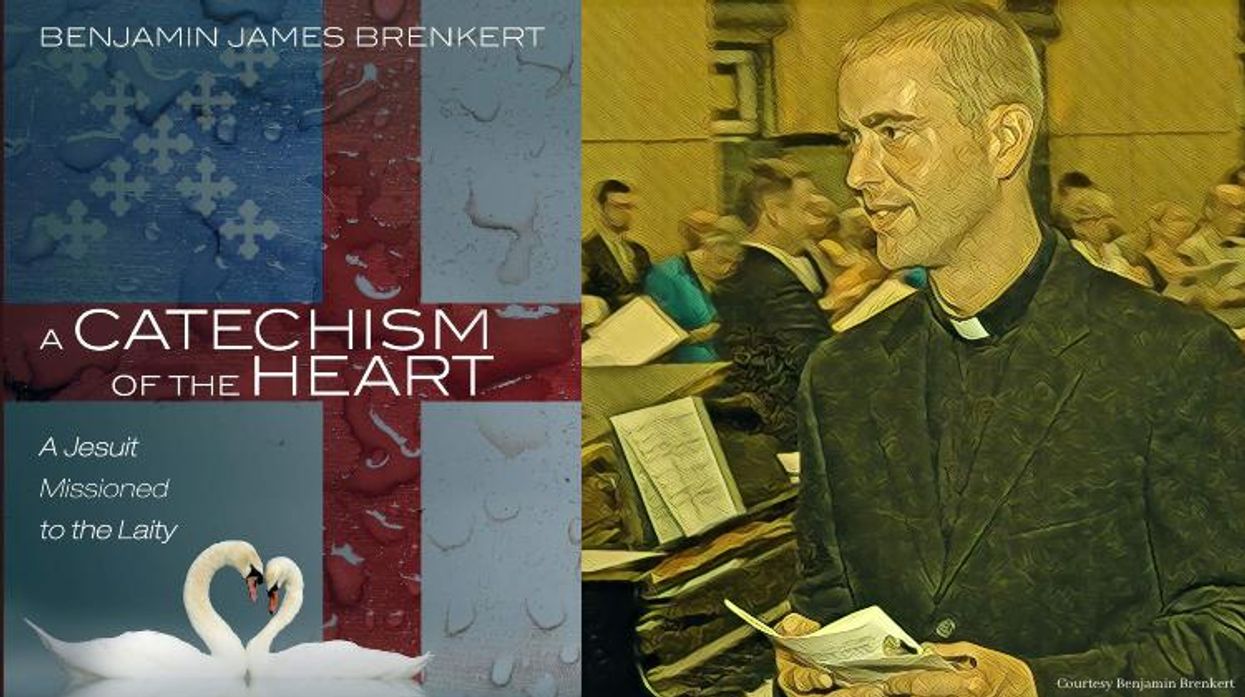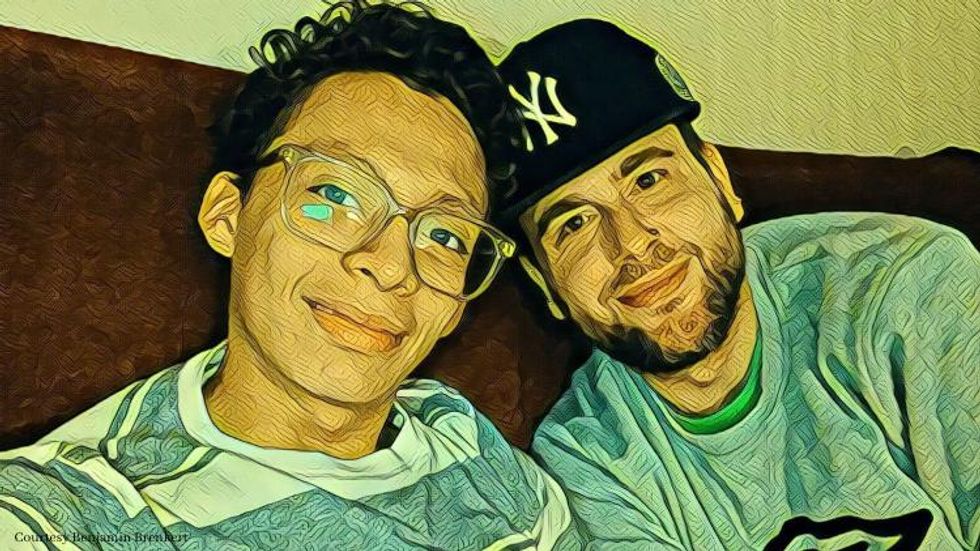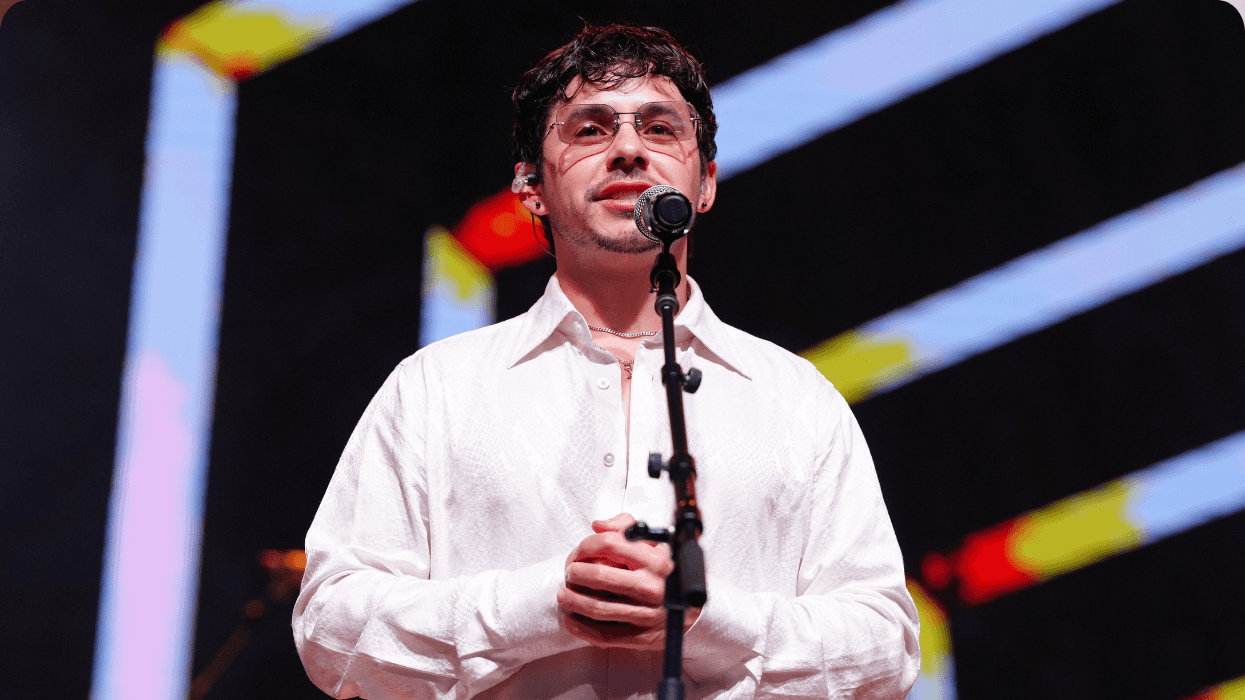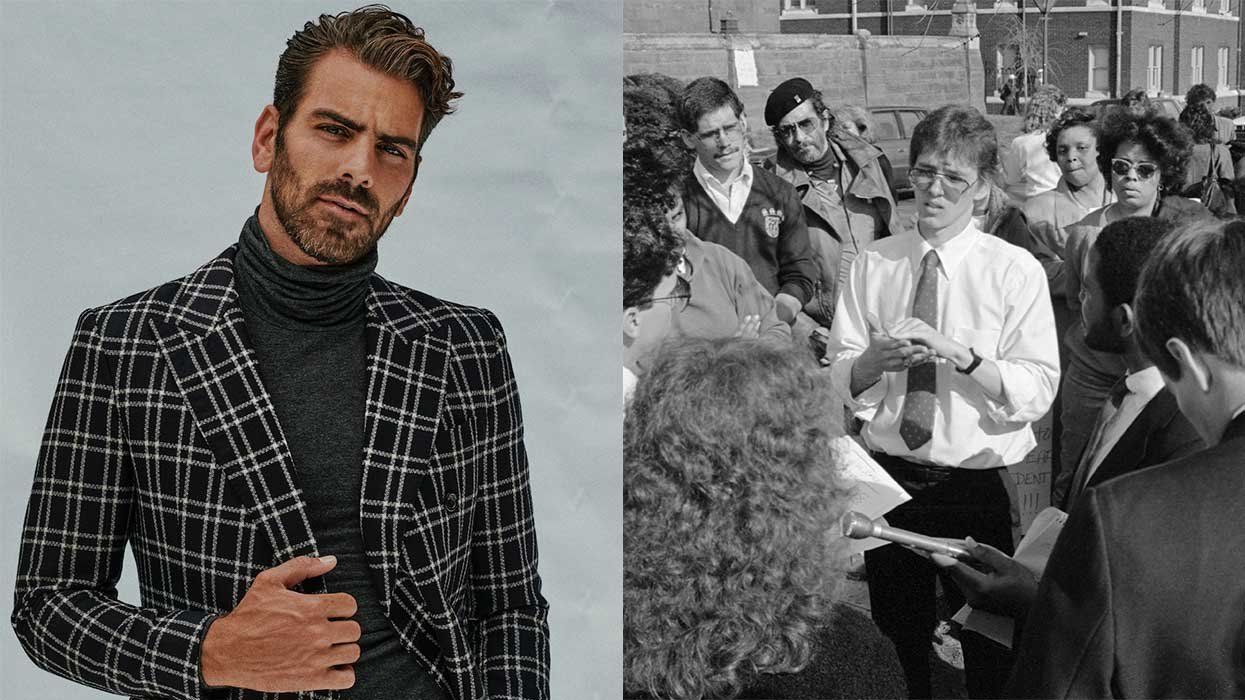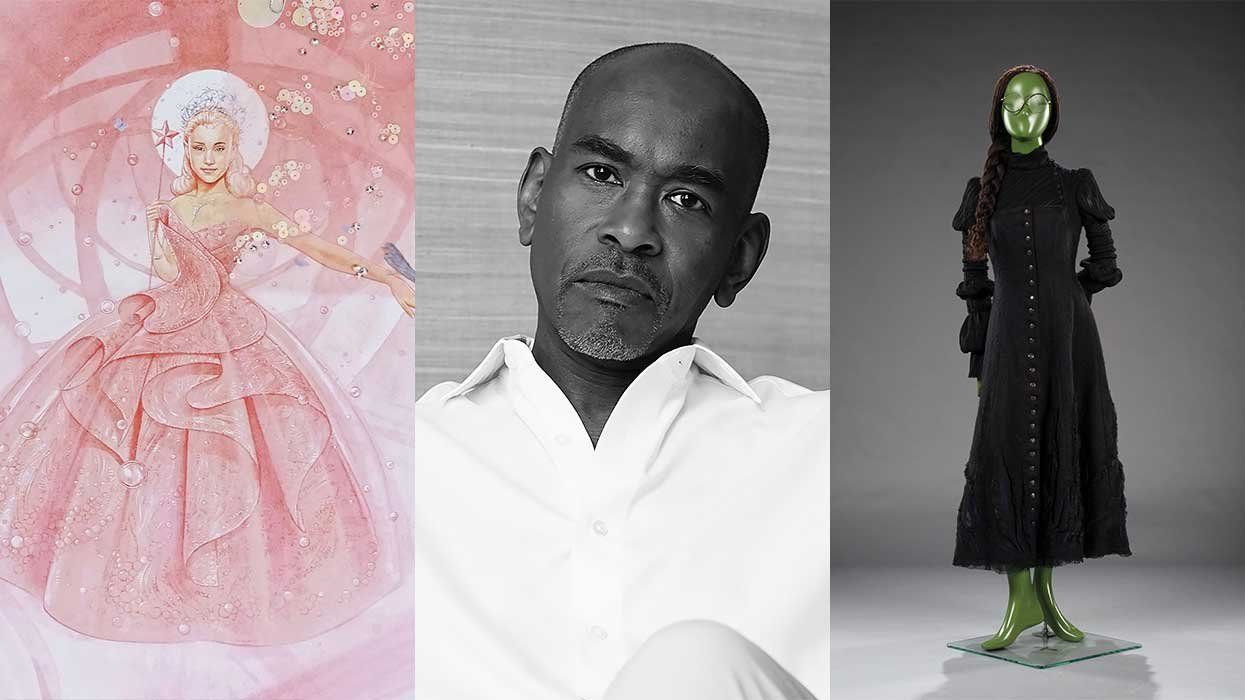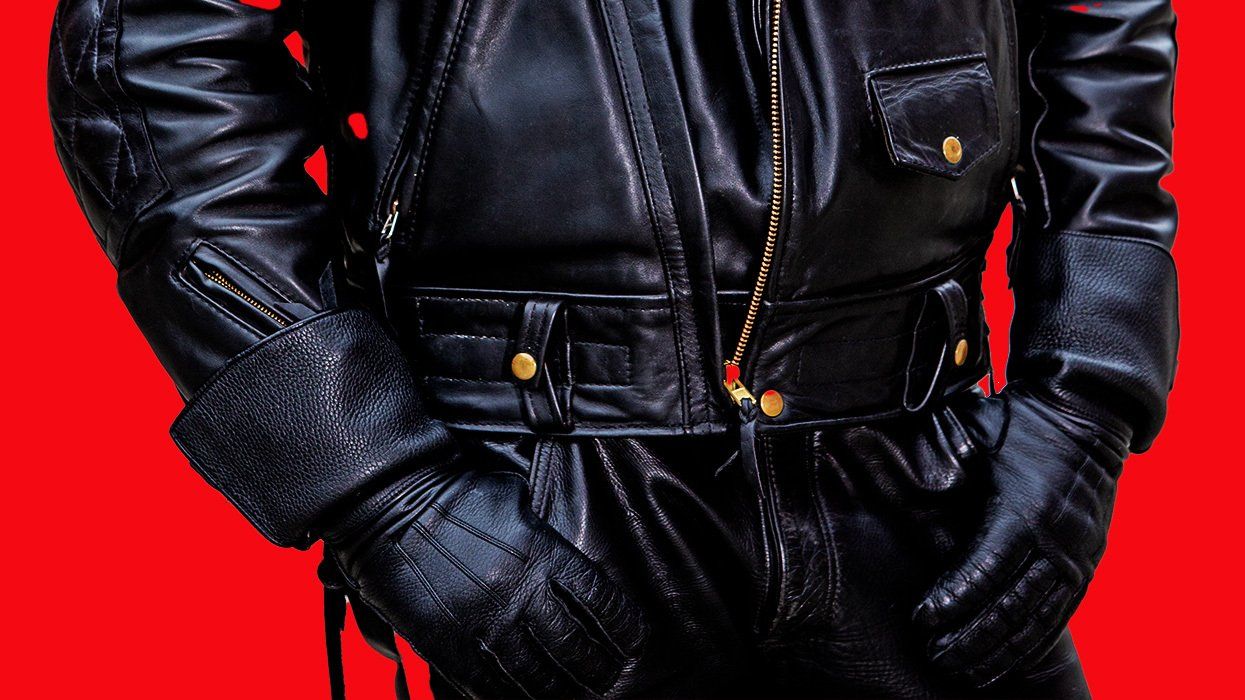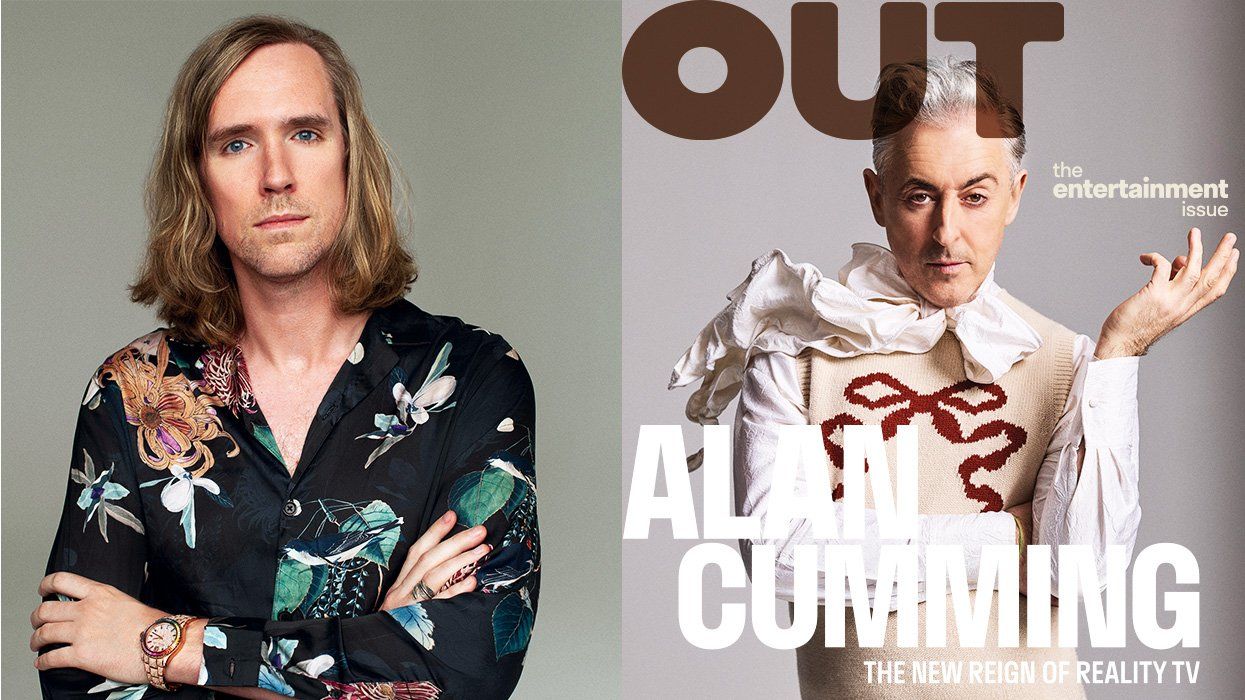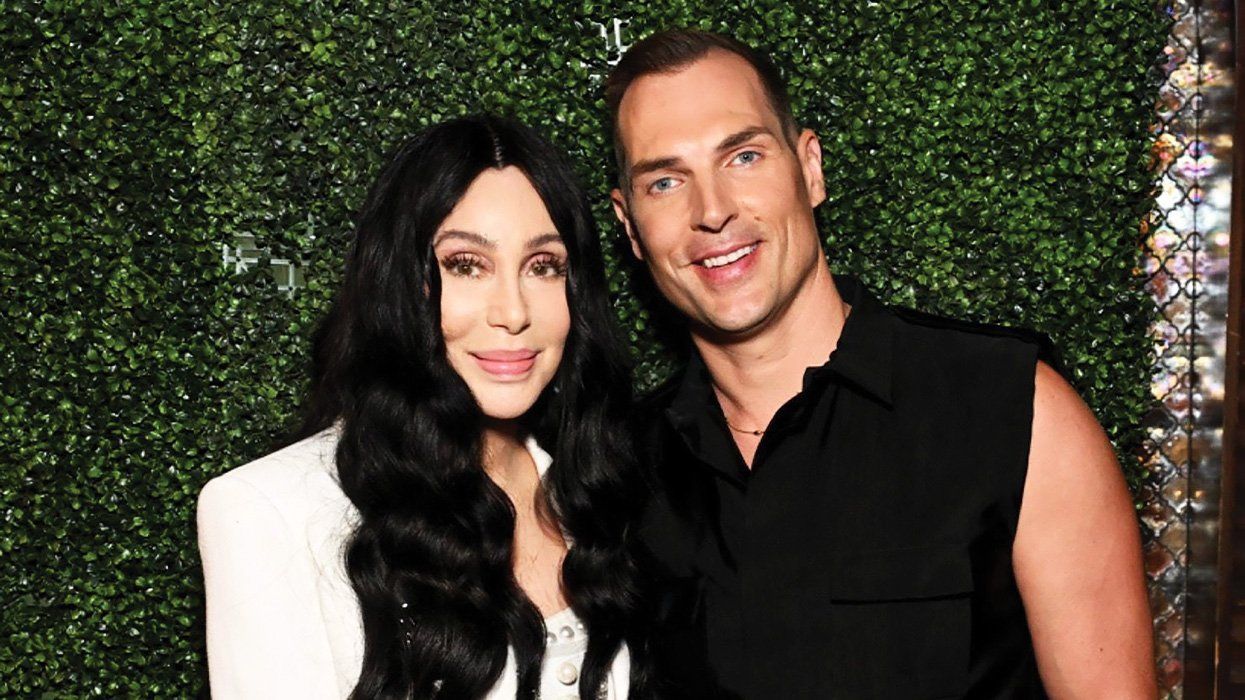There are times when life presents us with a clear choice between two courses of action: doing what's right regardless of the consequences or turning away to stand timidly in the shadows, too fearful to do what we know is right. For Christians, the most obvious example is that of Jesus and the agony endured in the Garden of Gethsemane on the eve of his trial and execution.
Polish-American Jesuit priest Walter Ciszek had a similar choice, one that led him to clandestinely minister in the former Soviet Union at a time when religion was deemed subversive and anti-revolutionary by communist authorities. His decision to sneak into the country along with scores of other refugees fleeing east from Poland at the start of World War II led to over 20 years of torture and imprisonment in the very worst of the totalitarian regime's penal and gulag system.
First-time author Benjamin Brenkert faced a similar choice. His memoir, Catechism of the Heart: A Jesuit Missioned to the Laity, describes a young, gay, closeted boy from Long Island whose goal in life was to be the first out ordained Catholic priest. Rising through the ranks within the Society of Jesus, better known as the Jesuits, he describes his genuine love affair with Jesus and the church. As he continued his spiritual journey, though, he began to understand how the church's beliefs and practices regarding LGBTQ+ persons of faith diverged from his own views on what Christ taught about love and acceptance.
"I was inspired by the lives of the Jesuit Fathers Matteo Ricci and Walter Ciszek, men who were missionaries seeking to introduce people in new worlds to the faith," Brenkert explains. "I wanted to live a life of faith in action like them, on fire with the heart of Jesus."
Brenkert's decision to join the Society of Jesus was intentional and definitely not one taken lightly. Founded by St. Ignatius of Loyola in 1540, the Jesuits are not your typical order. These are not meek and pious souls seeking to quietly serve, but an order strong in their beliefs about service to God and with a history of courage and resistance.
While other members of the Catholic hierarchy may have conspired with the Axis powers during World War II, for example, the Jesuits were a favorite target of the Nazi's Gestapo because of their history of fierce resistance in defense of their beliefs. Many Jesuits fought with the resistance within occupied countries and Germany itself, while others fell victim to murder by execution squads or imprisonment and eventual death in concentrations camps.
The Jesuits mean business, or so Brenkert thought. They seemed a perfect answer to his own tumultuous life. Raised in a large Catholic family, he saw his father struggle with alcohol and mental illness, and how he projected his anger towards his mother. Brenkert was never abused, but his sexuality was something to be smothered, snuffed out, and replaced with a godly heterosexuality by his mother.
He never lied about his sexuality to the Jesuits. In fact, he made it quite explicit that he was gay and wanted to openly minister as a gay man. They accepted him. His beliefs differed in key areas, though, and he soon found himself internally struggling with his own interpretation of service to God, and those of the Jesuits and the Church. He always believed LGBTQ+ persons and divorced couples should receive communion, since that's what Jesus would do as he saw it.
"I always thought in my lifetime the Church might make more than marginal progress in its social, sexual and gender ethics. I saw in Jesus's message of the beloved community, and the parable of the Good Samaritan, a God who beckoned us to inclusion -- not exclusion."
Brenkert faced his own personal choice of conscious when the Church under the acquiescence of Pope Francis began terminating the employment of LGBTQ+ people. At this point, he realized that he couldn't change the Church from within.
Some of his fellow Jesuits mocked his decision, saying his discernment, the process of identifying and processing various emotions and thoughts and shaping these "motions of the soul" to better serve God, was not intellectually rigorous.
Brenkert claims the Church itself fought back as well, revealing that one publisher was scared away by a "highly influential priest" and another major newspaper aligned with the same priest claiming the memoir "wasn't newsworthy."
Still, Brenkert knows he made the correct decision and hopes it can help inspire other gay and closeted people of faith to enter into their own discernment regarding their beliefs without the interference of a meddling and outdated hierarchy and orthodoxy. Instead, he intends to follow his faith on his own mission of laity, to serve others as a civilian outside the clergy, and he has a message of hope and inclusion for those experiencing a similar conscious of faith.
"God does not create us gay and bad, no, quite the opposite: God creates humans that want to flourish and be in right relationship with self and others," Brenkert says. "I would tell younger and older queer people of faith that they can enter into a discernment about where they should call their faith-home. Don't be complacent or anxious. Staying put is not faith in action."
Benjamin Brenkert (right) seen here with his boyfriend Willy.


